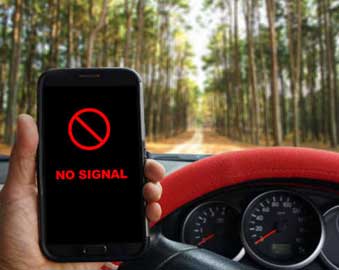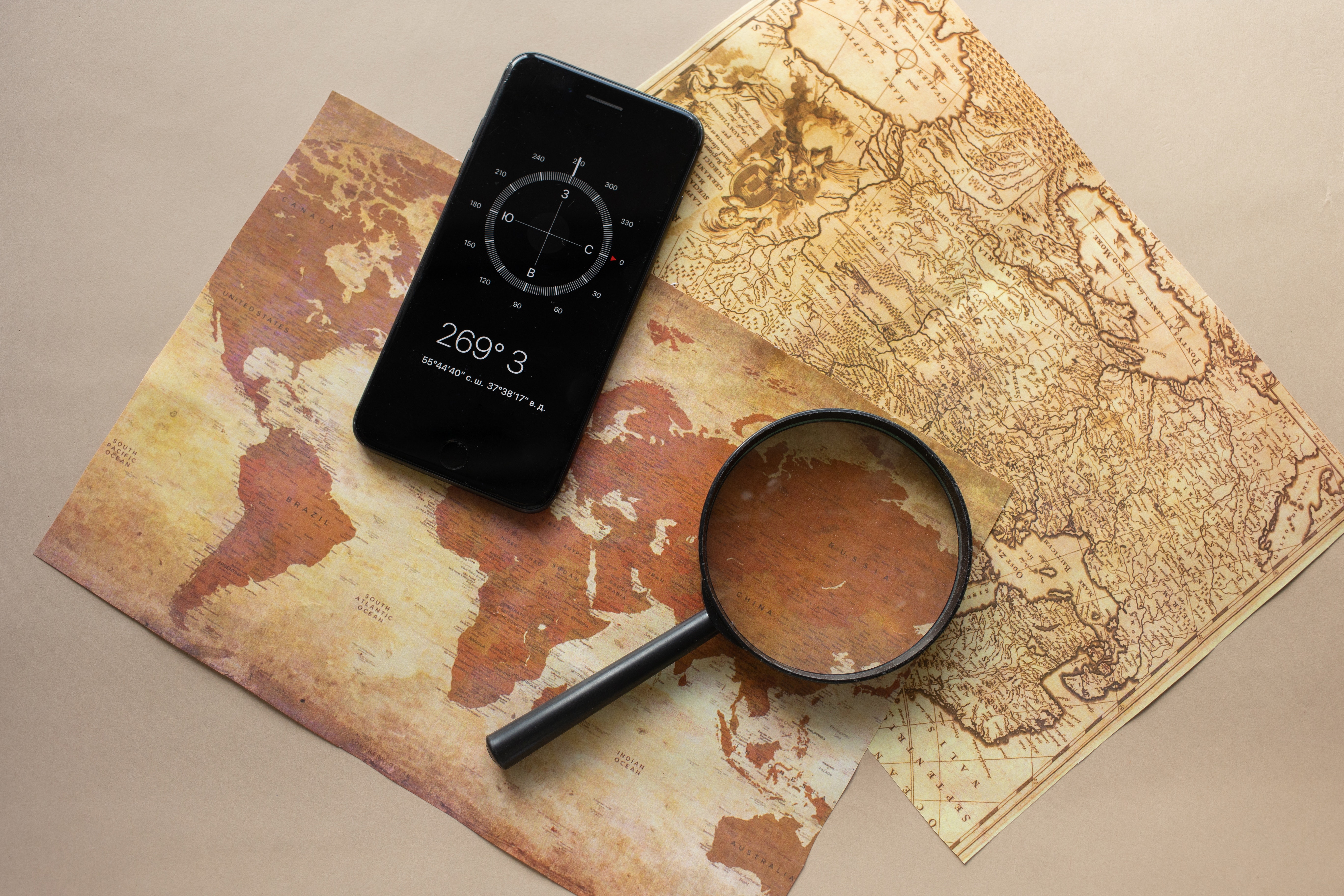The Accuracy of GPS Devices: How Accurate is GPS Tracking?
When it comes to tracking the location and movements of a vehicle, asset, or person, accurate GPS tracking provides significant benefits in operational optimization, productivity enhancement, and safety improvement. GPS devices provide the most accurate information, but users often wonder how accurate the location data is. To understand GPS tracking accuracy, it’s important to learn how a GPS tracker works.
See All GPS Trackers
Key Takeaways:
- GPS trackers offer high accuracy, generally within three meters.
- Accuracy can be affected by factors like tall buildings, tree cover, and tunnels.
- GPS tracking is invaluable for asset management, fleet coordination, and resolving claims disputes.
- Advances in technology have improved tracking accuracy, with further enhancements expected in the future.
Basic Principles of GPS Tracking
Real-time vehicle tracking devices use GPS (or Global Positioning System) technology, communicating with one of the many GPS satellites in orbit around the earth. The GPS receiver plays a crucial role in determining the accuracy of positioning data by obtaining signals from satellites and calculating precise locations through trilateration. Your GPS device can communicate with at least four different satellites at any given time, using this communication to transmit time and location information back to you, the user. The GPS chip is essential in modern navigation, impacting location tracking accuracy by receiving satellite signals and incorporating advancements like dual-frequency technology.
Have questions about how this technology functions? Learn more about how GPS tracking works
Conditions That Affect GPS Tracking Accuracy

GPS uses the frequency of radio signals to determine the location of a device. The GPS device makes these calculations by measuring the time it takes for radio signals to be received from several satellites orbiting the earth. These satellites transmit signals to each other and the GPS device can measure these transmissions to calculate the precise location of the device. Factors such as signal blockage and atmospheric conditions can affect GPS accuracy, leading to potential disruptions in the precision of the data.
GPS is not dependent on weather conditions, but accuracy may be slightly altered in areas where there isn’t a clear line of sight to the sky, such as in big cities, underneath bridges, inside tunnels, or even deep in wooded areas. Accurate location data is crucial in GPS technology as it not only affects personal preferences for GPS systems but also enhances business accountability by tracking employee movements and improving overall performance. Some common locations that notoriously experience GPS location inaccuracies are:
- below high buildings
- under tree cover
- near land formations like valleys and mountains
- inside tunnels
- inside parking garages
Ultimately, most GPS tracking devices are accurate to within three meters, allowing users to have fairly accurate location information. While operating in low-accuracy areas can negatively affect your results, GPS tracking technology has evolved to ensure stronger signals and greater accuracy. Physical obstructions, such as buildings and dense foliage, can interfere with satellite signals, leading to inaccuracies in GPS location data.
How GPS Tracking Works in Vehicles
Vehicle tracking system function by using GPS signals emitted from the device and received by the GPS satellite network. Once the satellites determine the device’s position, the information is sent via a cellular network to the cloud server which updates the device location on a map displayed on a computer, tablet, or smartphone so the owner can monitor it. Assisted GPS (A-GPS) enhances GPS accuracy by integrating cellular data and satellite signals, improving positioning speed and accuracy, especially in urban areas where GPS signals may be obstructed.
GPS tracking has improved in accuracy in recent years because of advanced technology, increased GPS satellites, and better cellular networks. Differential GPS (DGPS) further enhances the accuracy of conventional GPS by using ground-based reference stations to correct GPS signals, making it highly effective in applications like marine navigation and surveying.
GPS Tracking for Business
With the increased accuracy of GPS vehicle tracking, this technology has many uses in business, helping to increase efficiency and peace-of-mind. Accurate location data not only affects personal preferences for GPS systems but also enhances business accountability by tracking employee movements and improving overall performance.
Different GPS technologies, including features like dual-frequency signals and geofencing, can significantly impact location accuracy and reliability across various devices.
Asset Management

Businesses can use GPS trackers to monitor the whereabouts and movement of assets like expensive equipment that belongs to the company. It allows users to keep tabs on equipment in vulnerable positions, such as on a construction site. Accurate GPS tracking provides real-time visibility of assets and aids in minimizing theft and loss. Users can also set up notifications if the equipment is in motion or relocated, ensuring that the movement can be monitored if authorized, or new locations can be identified if the equipment is stolen.
Fleet Coordination

GPS tracking technology helps business managers manage the locations of their fleet of vehicles at all times with fleet tracking. Tracking company vehicles and knowing how fast they travel, which routes they take, how long they remain idle, etc., provides incredibly valuable data to business managers who are looking to improve fleet efficiency and customer service. Accurate GPS positioning accuracy helps in optimizing fleet routes and improving overall efficiency. For example, companies that offer driver and delivery services are able to use this information to dispatch drivers in the area to handle jobs nearest to them, thereby decreasing wait times and improving customer service. Some technology even allows customers themselves to see the location of their service provider.
Claims Disputes

GPS tracking can offer an added layer of security for businesses as it can provide the needed evidence for claims disputes. For example, if a company vehicle is involved in an altercation, is accused of unauthorized activity, or receives a review from a customer that disagrees with the driver’s claim, GPS tracking data can effectively settle the dispute and provide accurate information for the company, customer, and, in extreme cases, the courts. The quality of the GPS signal can significantly impact the reliability of tracking data used in these claims' disputes. Having location, speed, and route information provide managers with the evidence they need.
The Future of Vehicle Tracking
As technology continues to develop, users are increasingly able to track devices with accuracy. Advancements in GPS technology, such as Differential GPS (DGPS) and multi-constellation systems, will enhance tracking accuracy by improving location precision and mitigating challenges like signal interference. The technology will continue to improve, providing users with even more peace of mind than ever before.
Mobile devices, particularly smartphones, are increasingly utilizing advanced GPS technology and cellular signals to enhance location tracking accuracy. To learn more about GPS tracking accuracy, we encourage you to check out our bank of GPS tracking learning articles. You can also contact our team directly to ask your questions. We’re always here to help!
Posted by Todd Morris on Mar 21st 2024


